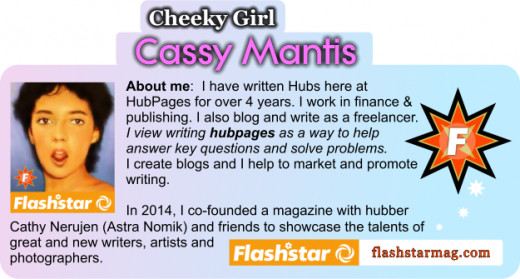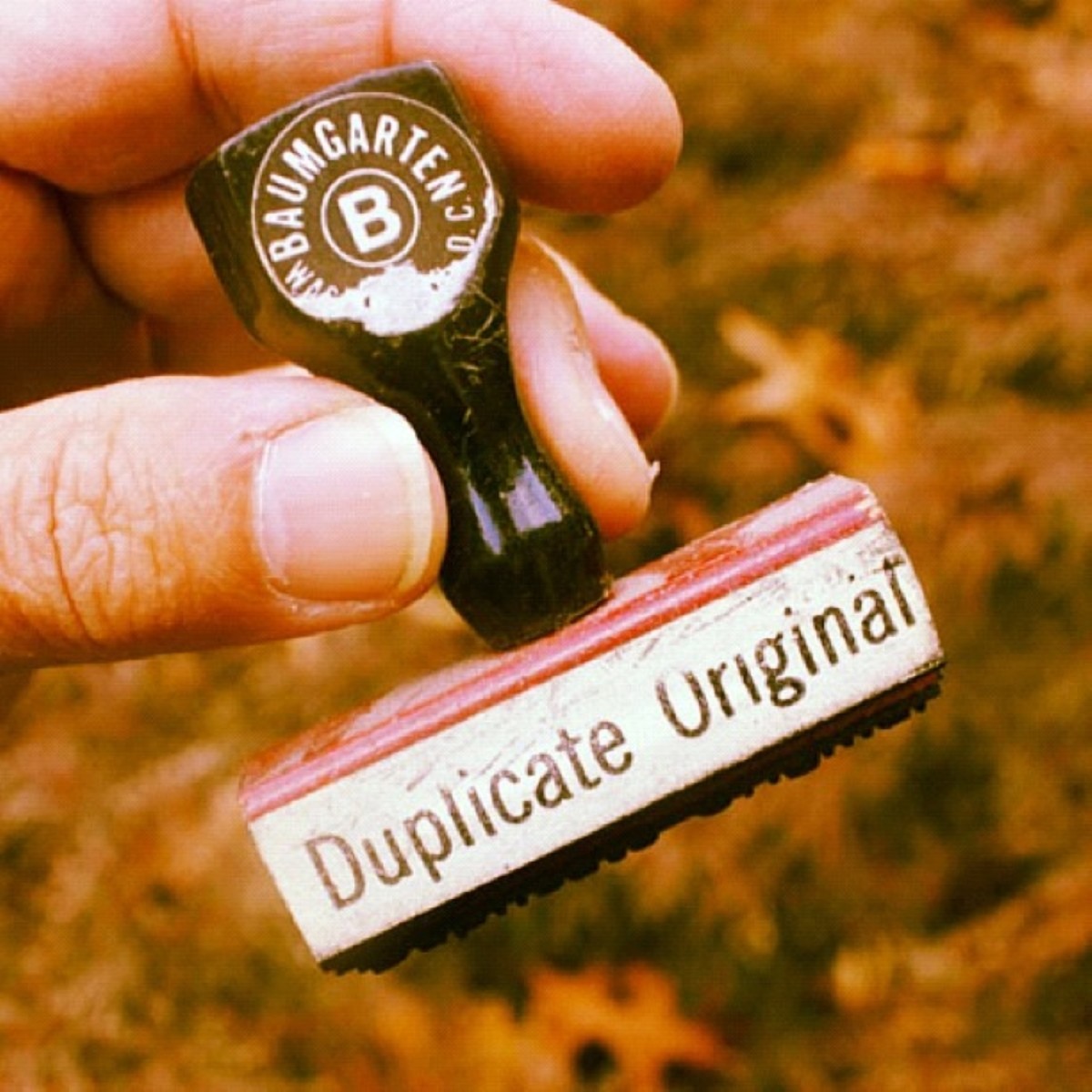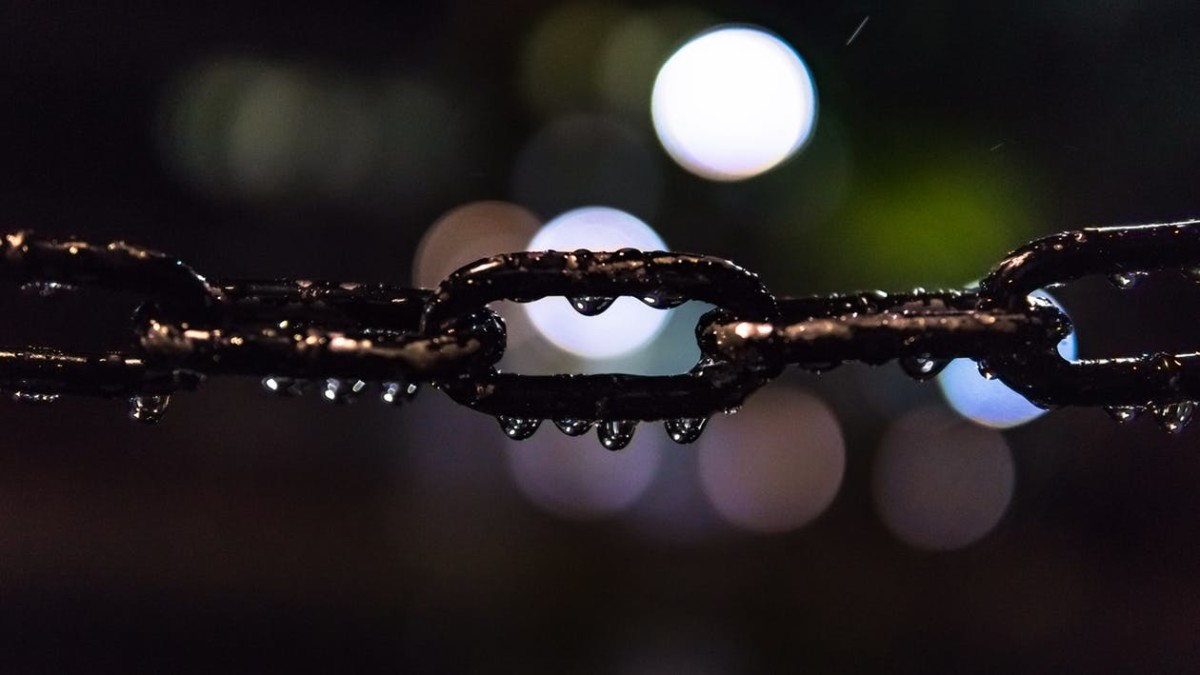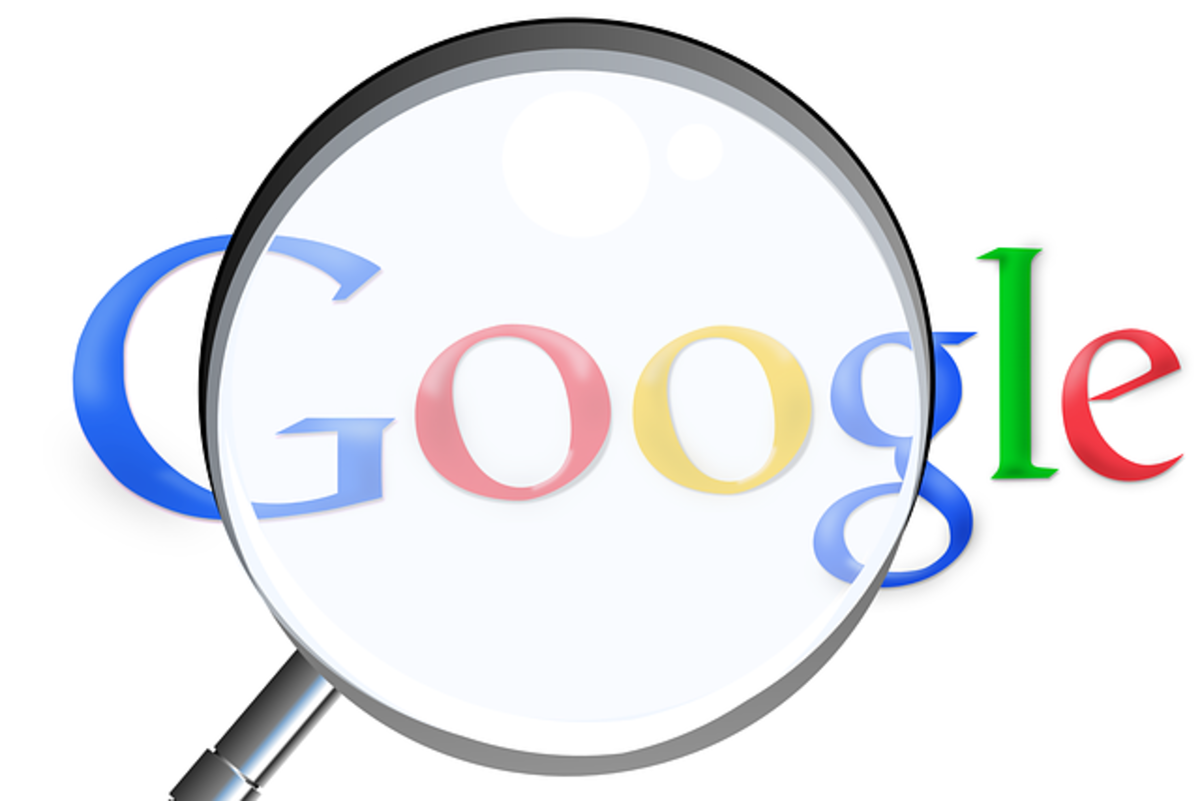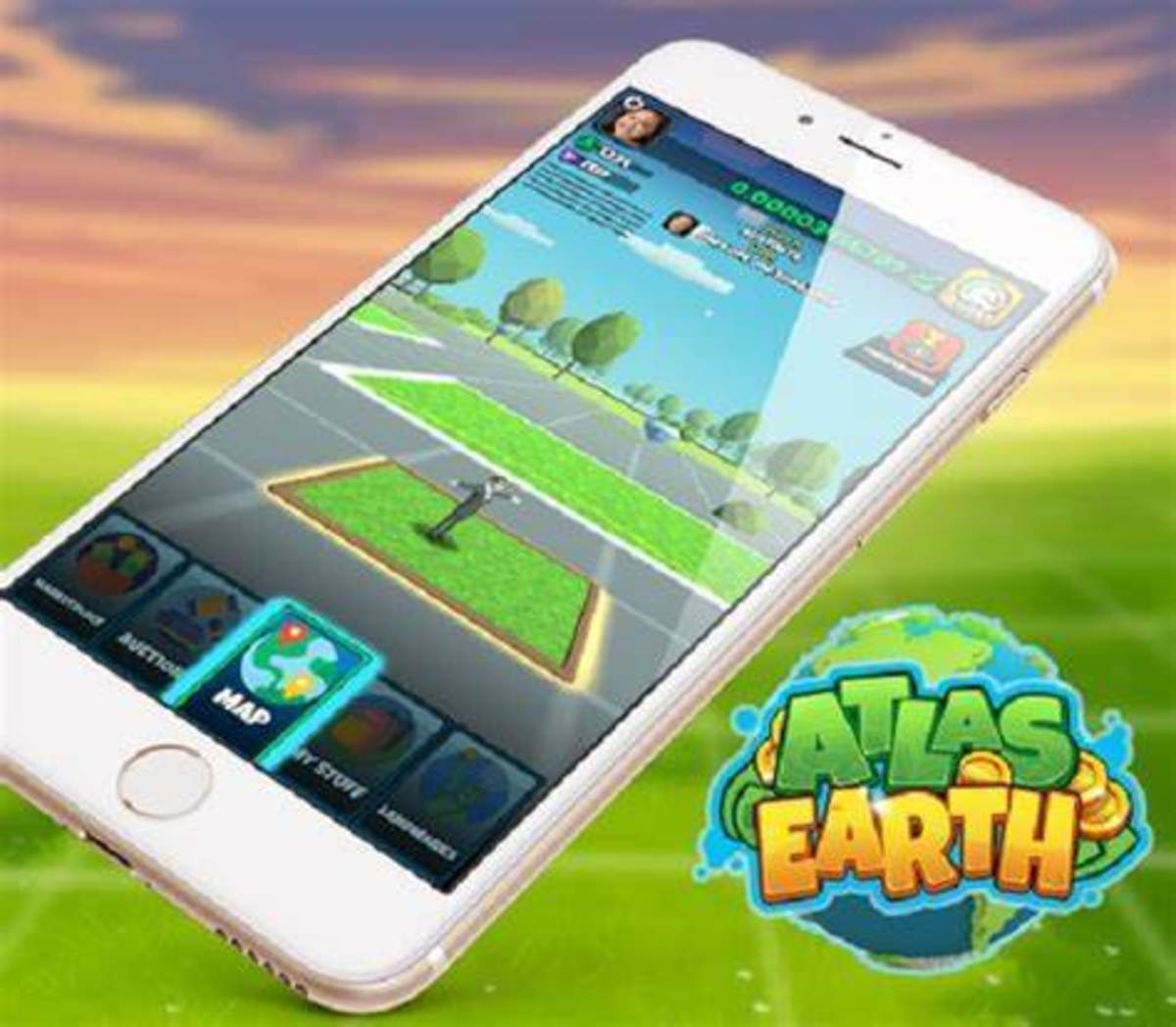How To Avoid Google Panda Penalties
A Google algorithm update called PANDA happened on January 28, 2011 and its resulting effect meant sites with duplicate content found it even harder to rank highly in search results, according to many SEO and Search Engine Analytics experts. The change, according to Matt Cutts, who heads Google’s webspam team said the change “primarily affects sites that copy others’ content and sites with low levels of original content”. So basically any website that has a copy of someone else's content not just infringing copyright - but is a dead man walking. Now fast forward to 2014 and ask ourselves, are we - and are our features, our articles and online writing faring any better for this change to "improve things"? How has it affected our hubs? Are we better off with Panda, or worse?
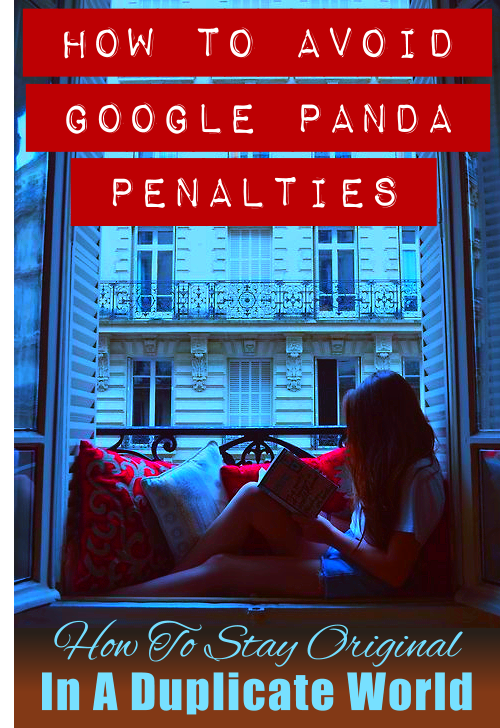
Cutts added: “This was a pretty targeted launch: slightly over 2% of queries change in some way, but less than half a percent of search results change enough that someone might really notice. The net effect is that searchers are more likely to see the sites that wrote the original content rather than a site that scraped or copied the original site’s content.”
The purpose of Panda is to reduce and help eliminate content that is duplicated on another page or blog or site elsewhere on the web. The problem with duplicated content is that it allows the possibility of the original creator being penalized for that duplicate content. Duplicate content results in incorrect and wrong search engine results being displayed to people who search for things on the web. And it can adversely affect the earnings a writer may earn from the original content. So basically, something had to be done about duplicate content.
This change made a big affect on many industries. It arrived like a big Prima Donna and imposed itself on everyone. It affected those especially in the areas of Holiday, Travel, Airlines, Hotels and services... it affected any kind of white label sites that scrape information from other sites and reproduce or copy it. "EBookers" is one such example. Any kind or comparison site that lists prices or information in any way or duplicates content from elsewhere will be penalized. There are sites out there copying and plagiarizing the original content of others, and infringing their copyright in the process.
This Panda update is designed to go after those who make copies of content, whether their own or the content of others, and prevent them fro showing up in search engine results.
However there are other people who are affected. Besides affecting Bloggers and website owners - it seriously affected HubPages writers and people who submit or write articles on any web platforms. This content duplication is just not allowed any more. Google, Bing and Yahoo! now penalize and downgrade any such activity. Many would say this is a welcome change and the Search Engines need to give better value for the free service they offer, and not get results skewed by people who cheat the system.
The algorithm update came initially after 2010's so-called Caffeine and May Day changes which were designed to increase the speed with which Google is able to index pages.

How To Avoid Google Panda Penalties
A few basic simple rules can keep you out of trouble. Here are some useful tips to help you stay original in a duplicate world:
- Research your subject first
- Know the "voice" of your article
- Learn how to make your content stand out with inclusions that others would not think of adding
- Use headlines that get attention
- Earn your readers trust by proving your understanding of the subject
- Don't ham it up - stay concise and on topic
- Educate your readers, educating and empowerment is key to great content
- Give your readers useful information that is future-proof
- Deliver value by being honestly helpful
- Original content will reward you by increasing your "authority" in many areas
- Don't rehash what others already said, people will notice it
- Offer yourself as a personal "Brand" or maven for useful information
- Discover trends before they become trends
- Read a lot of books

With Google Caffeine, the Google algorithm was taking stock of how fast pages upload, while the subsequent "May Day" algorithm penalised sites that had poor SEO. Somewhat unfair, you may think, since not everyone is an expert on Search Engine Optimization. But this resulted in a reduction in the importance of anchor links and dominion authority of sites for Google ranking.
Instead, "on site" SEO increased in importance as did user signals - or how other people refer to a site on social media (ala twitter, Facebook, Linked-in, etc) - while links diminished in importance yet overall remained a dominant aspect. It is thought this trend will continue.
Due to this downgrading of domain authority by Google, sites with many pages containing similar content to other sites linked from the home page will no longer rank so highly. Individuals and companies are encouraged to integrate user-generated reviews into things like "product pages" and maybe go further and include links on the pages to make them more amenable to Google spiders. So - for example, in Hub pages we may see in future more "product pieces" or reviews as a by-product of this change.
Web authors and Hub Page writers who like to put similar or themed articles on sites like Squidoo or eHow or ArticleBase or similar sites need to heed this change as it will affect them.
Likewise, in a world of Internet syndication where articles, information and news are increasingly rebroadcast and repeated or replicated for whatever reason - this too will cause a shift in the global paradigm of information sharing across the net without apparent penalty. Because of Google News' Algorithm change, and which blocks the publishers of duplicate content / non-relevant content, one upside is that local media outlets can now compete more fairly for those all important audiences and readers thanks to syndicates like Yahoo! News and even Google News. It will affect how some companies get "top Stories" in certain areas where certain subjects are "trending" (as seen in Twitter for instance).
This is a serious point as - if you think about it, if Google were able to create a formula to decide or pick true original content based on when it first appeared on the web, the system could be widened to enable copyright infringement from happening in so many cases on the net. But as news-gathering bodies have repeatedly shown, and argued, they refuse to be penalized for not being the first to report some news or some story. So it results in some almost duplicate content happening to which search engines ignore.
Writers who write for News and Current Affairs sites and web businesses will have to adjust their habits, as these new rules run the risk of inhibiting their ability to reach a broad audience. Hub page authors - many of whom are freelance writers will need to be wary of this. New rules to "First Publishing Rights" have been put in to play now.
And so it follows that re-tweeting some news-gathering items, just won't increase your underlying effectiveness in Google rankings.
They may still get you more readers, followers and traffic, since readers don't measure the news you redirect their way the same as Google. Just be aware of this. For cash strapped media and news sales people who are struggling to keep readers on-line ...this will be a challenge for them. Some sites bizarrely may benefit from this. Many Wiki sites that are large collections of informational material may evade these problems. It remains to be seen how this will unfold. Either way, the content landscape has now changed. This is one of the Google Panda effects on content for the entire web.
I have written this hub is to make people aware of the recent change to the Google News Algorithm. It will have an impact on even how Hub Pages will be considered in the "relevancy stakes". The rule of thumb is that original content will rule over most other content.
Remember that the constant Google algorithm changes have devastated traffic to thousands of blogs and hubs in the past few years. Some of those writers did things that got them penalized, and duplication was one of those bad things - while other content creators did nothing to deserve what happened to their web traffic. Many people got screwed by these changes.
Just as writers find trends and surf those waves, trends also come and go like the Rubik's cube and fall out of fashion as the next trend happens along. Writers have to adapt, diversify and move with the times, not stay still.
If as content writers, we continue to write relevant and unique content for our hubs and for our readers - we can get past these obstacles. Hub Pages can still maintain its relevancy and not lose traction with its loyal core of fans and users.
I have added a link for those who wish to know how to avoid international duplication across borders. Please comment below and let me know what you think about this hub and the Google changes. Thanks. And feel free to rate my hub too.
Copyright (c) 2011- to 2014 Cassy Mantis / Cheeky Girl. All rights reserved.
Thank you for reading. Leave a comment below for me. Cheers!
